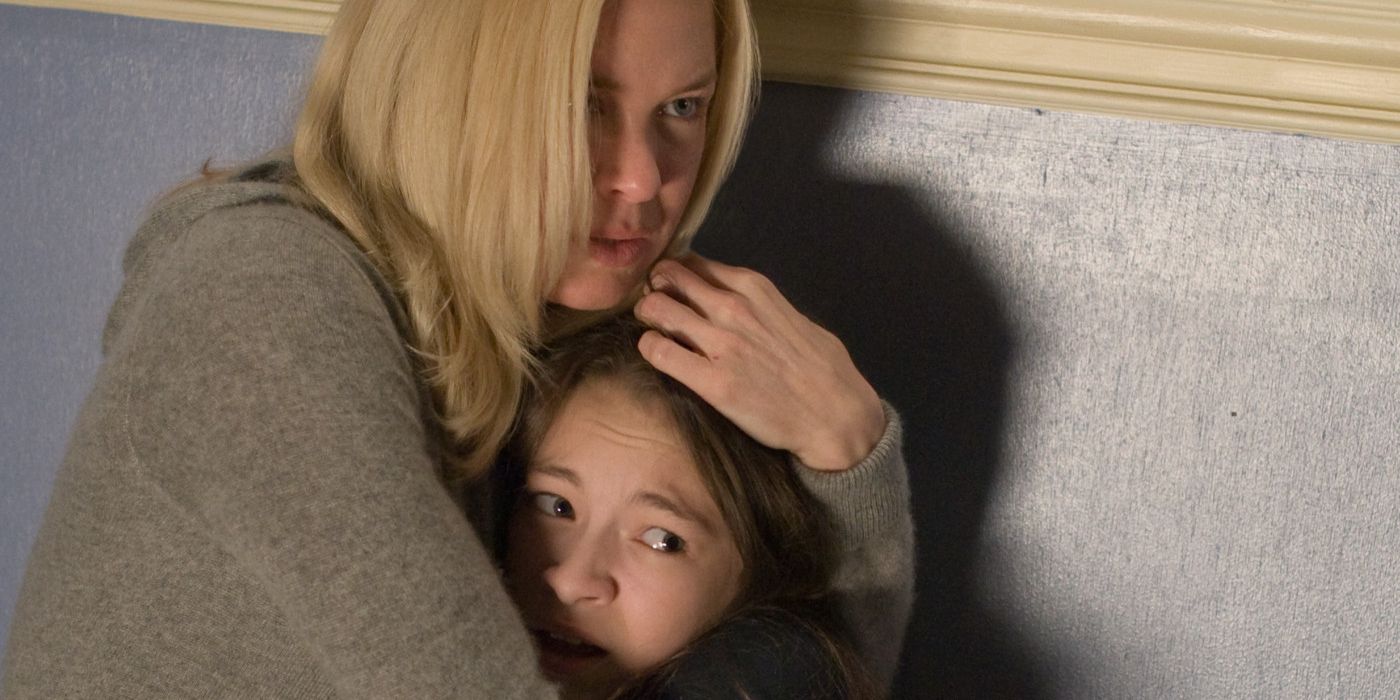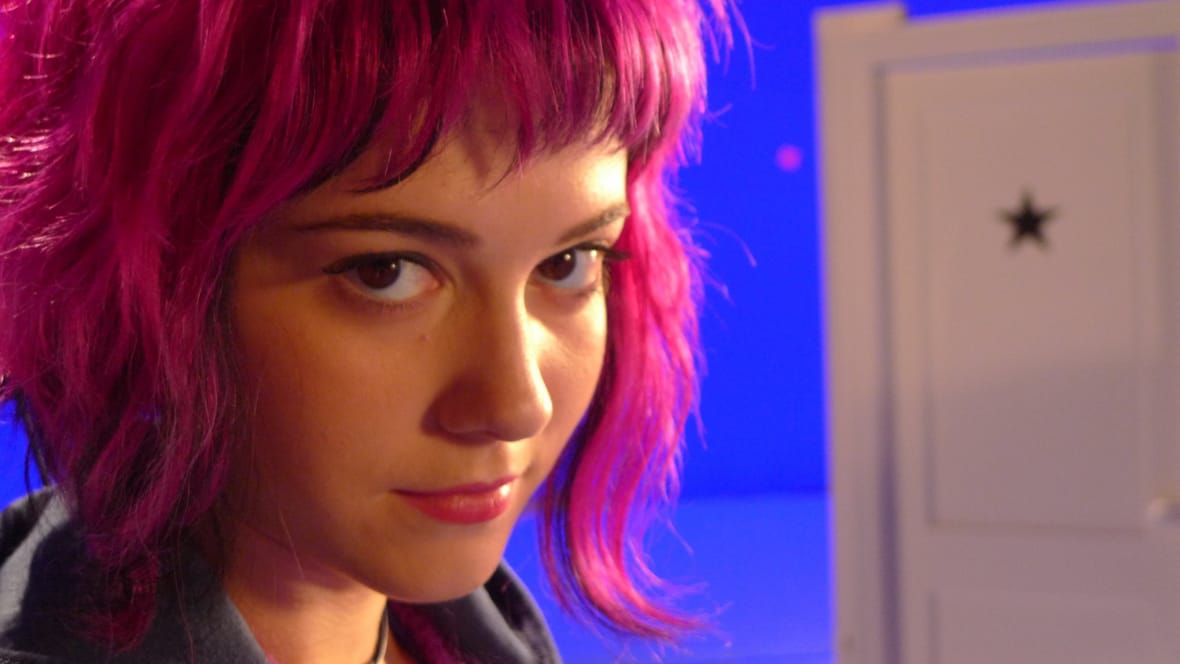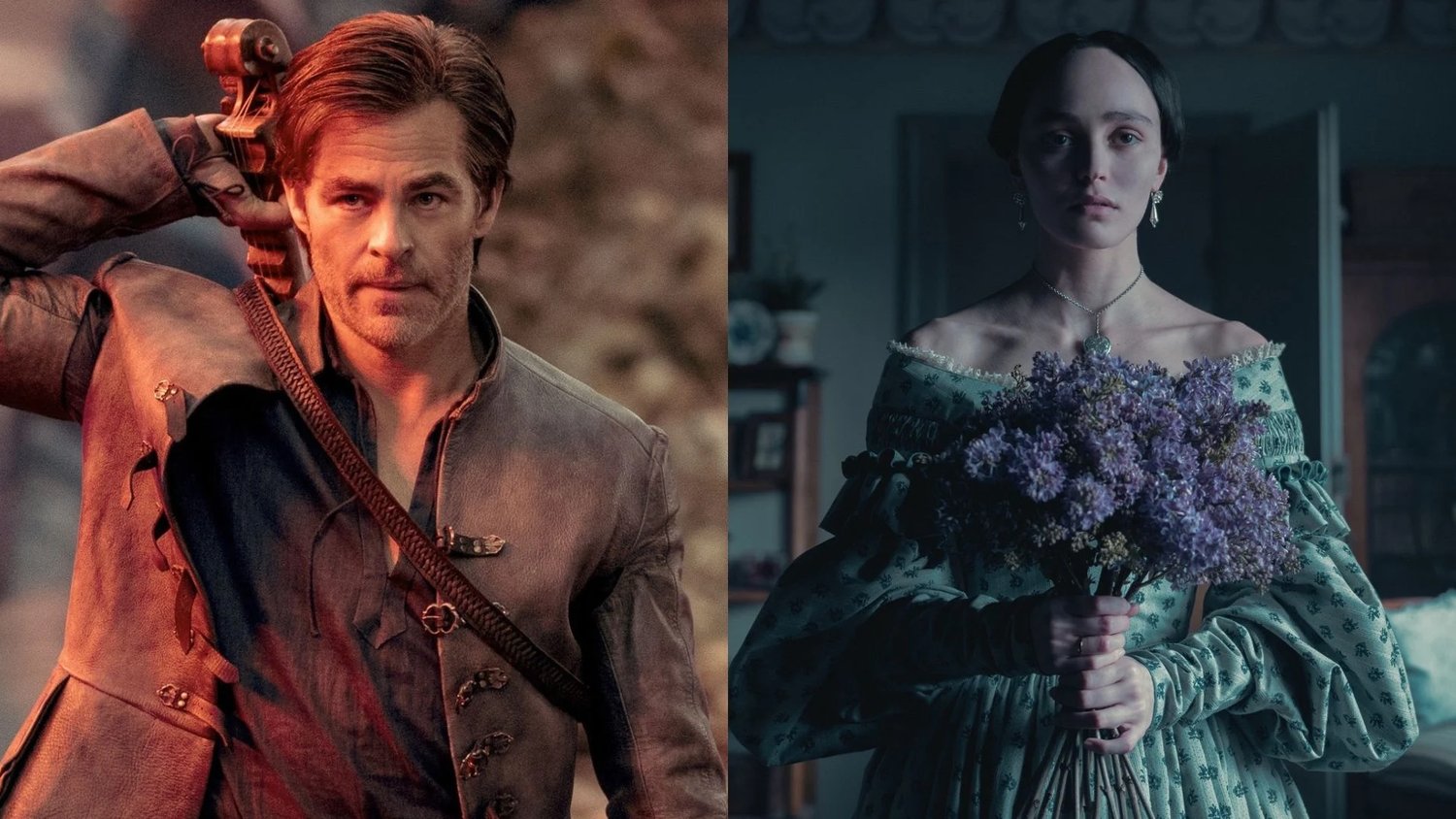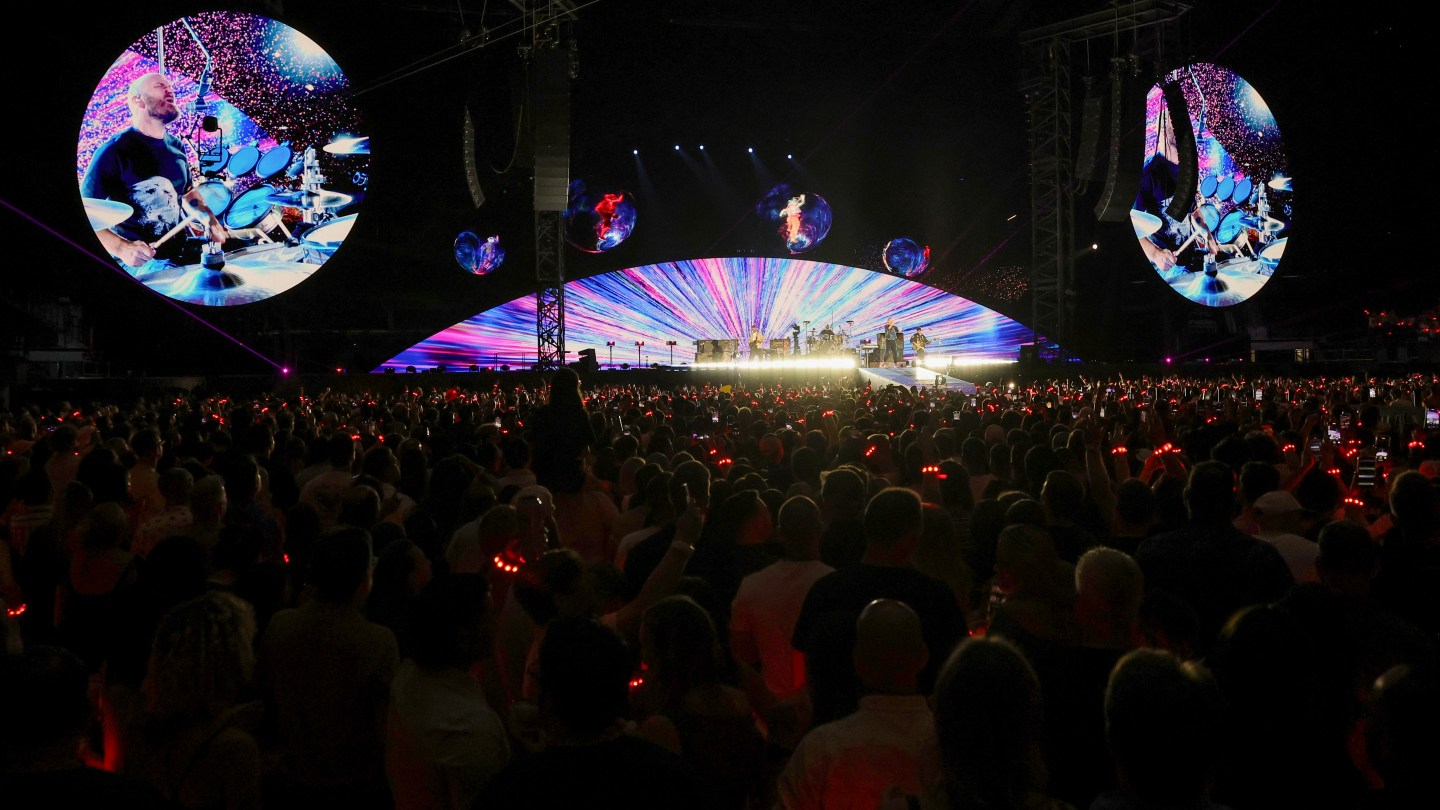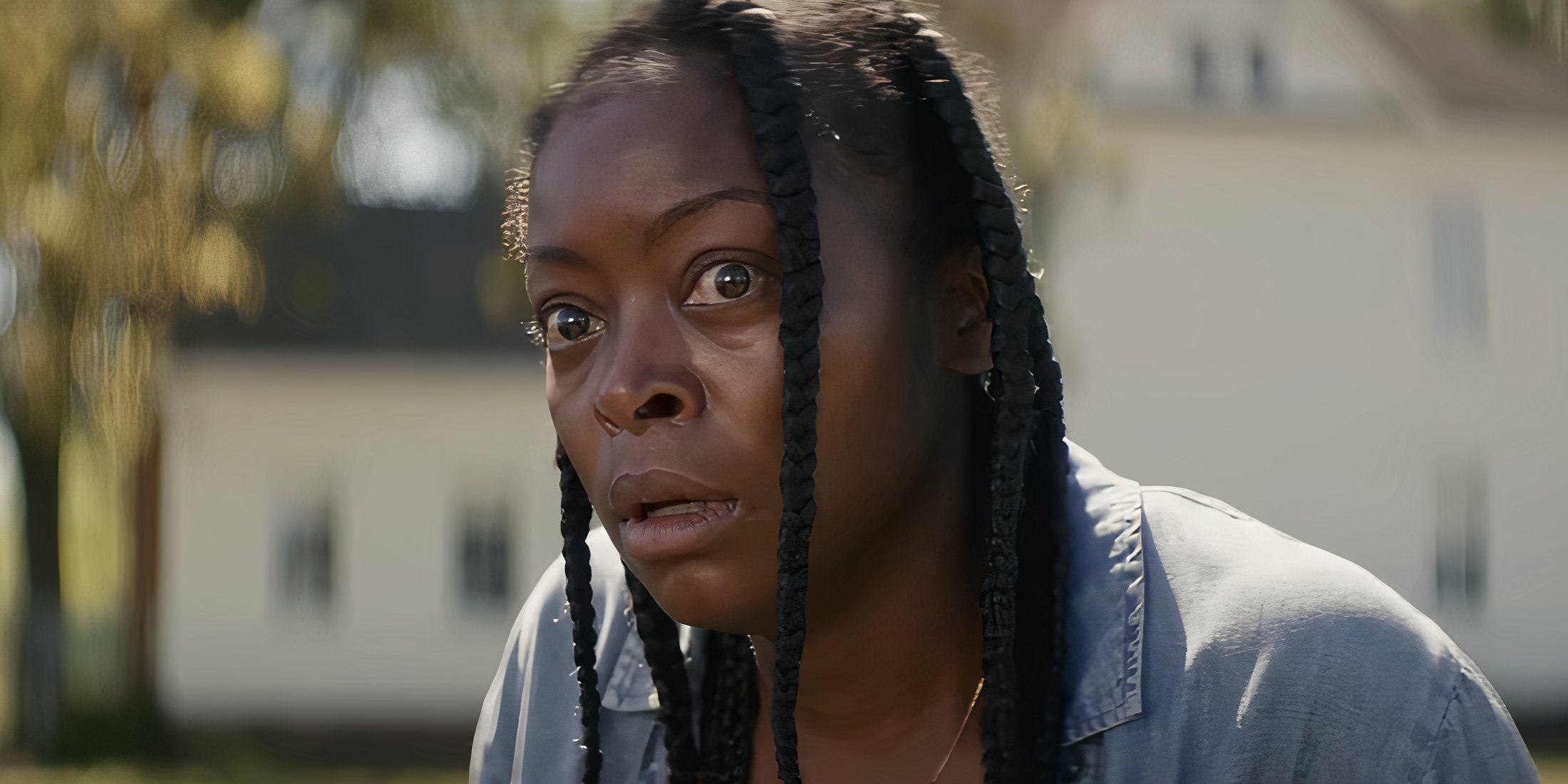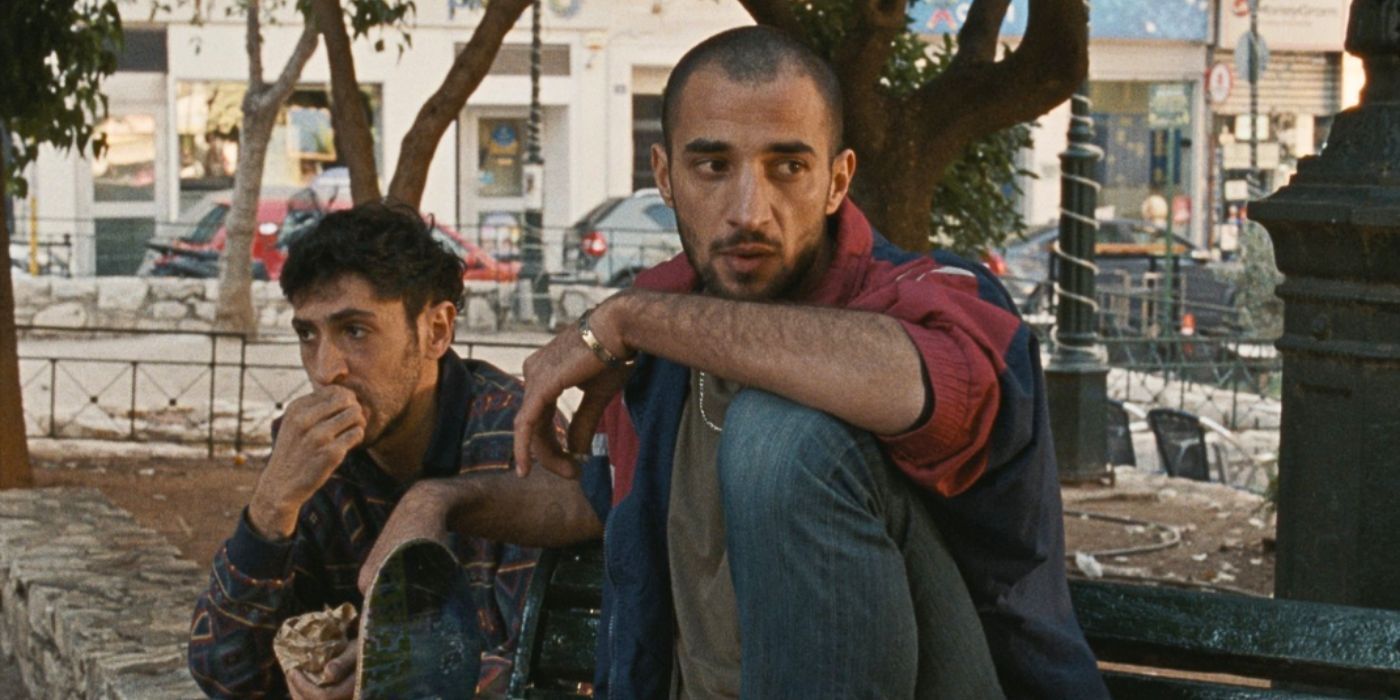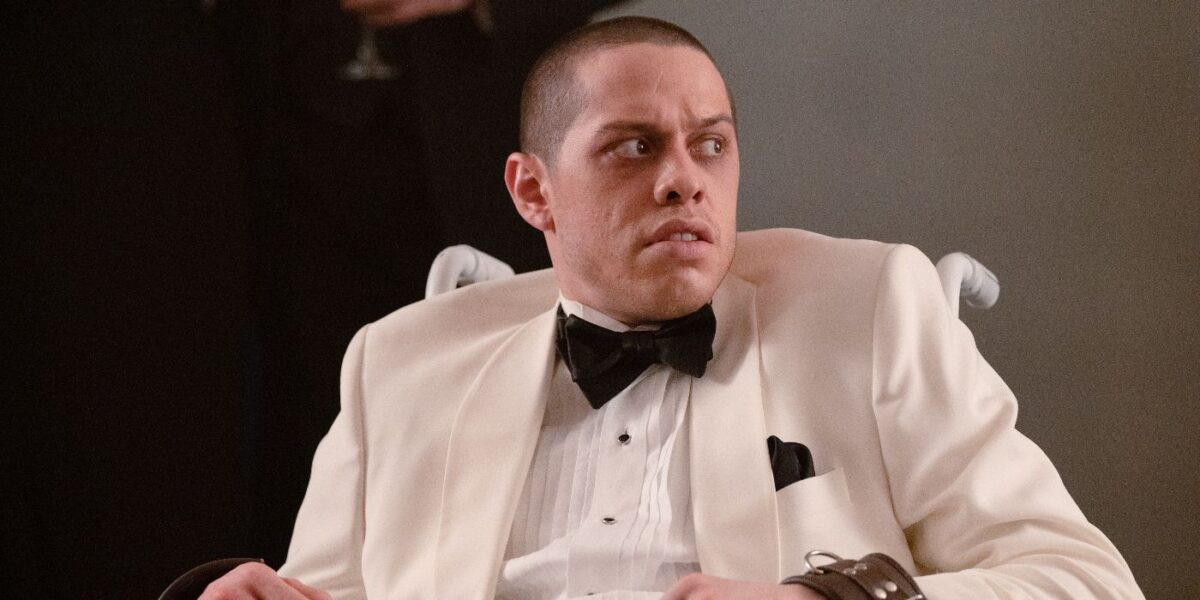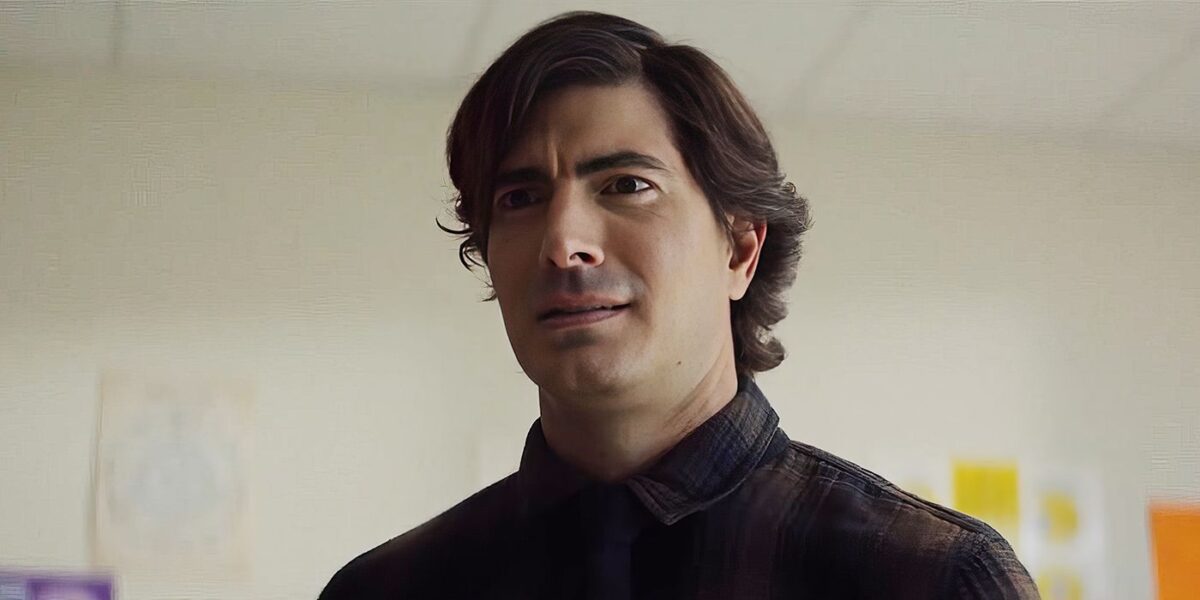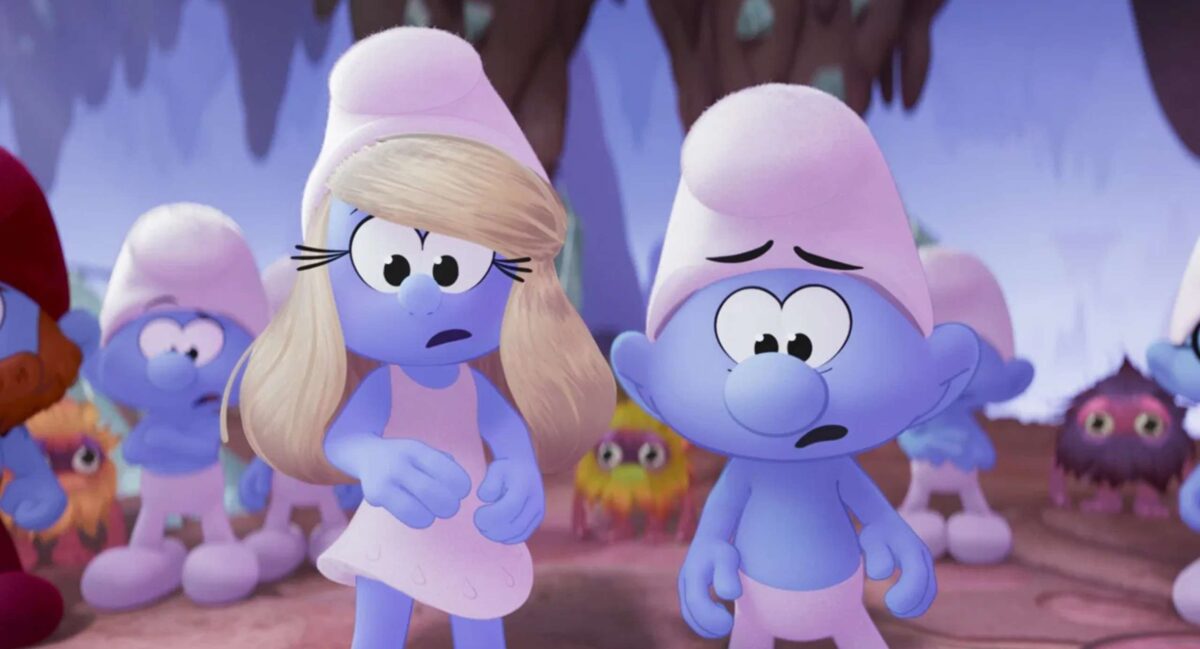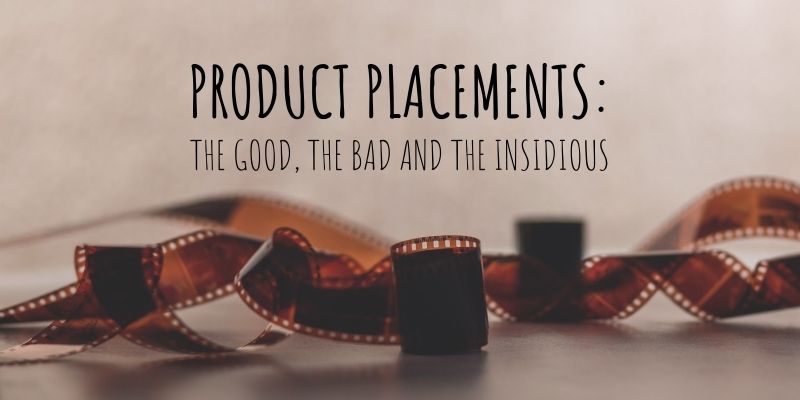
Product Placements: The Good, the Bad and the Insidious
Feb 28, 2024
Product placements have become fairly common in the world of filmmaking. They can be distracting when poorly conceived or so cleverly planted you hardly notice. South Africa is still getting the balance right when it comes to this brand-dropping with some films almost egging you on to create a drinking game to correspond with the number of placements. From overusing car branding or having massive oil tankers in the background just to give the sponsor some screen time, it’s still a bit of an anything-goes wilderness. Filmmakers try to immerse you in their world and ironically product placements seem to be counter-productive, seemingly ejecting audiences for a second, reminding them they’re watching an unreality where brands interject rather than co-exist.
We’re bombarded with adverts to the point that they’re saturated, almost invisible even. Brands are a very active part of our day whether we’re looking at a coffee coaster, sporting a branded bag, cellphone or just looking around while driving. Listening to the radio, watching television, using a urinal… it seems as though there are no limits to the places where advertisers will try and get their product or brand in front of you. It’s got so bad that we don’t even register how many thousands of adverts we’re exposed to on a daily basis. Advertisers have to reach consumers about 14 times before they start to consider the brand or product as a viable option. The long haul is real, which is why product placements are prime property.
You’re already open to persuasion.
Cinemas encourage audiences to gaze, while television is more of a glimpse-based activity that’s not quite as demanding of your full attention. When you’re in a dark room with nothing but the massive screen occupying your field of vision, it’s very difficult to look away and if you talk, chances are you’ll get shushed or a kick in the chair. This means that great films will enrapture you, transport you to another world… and in that world, a good filmmaker will have your emotional investment.
Hitchcock said to make audiences suffer and having your viewers in the palm of your hand, there’s a great deal of trust at play. So much so, that offending or boring someone can result in them leaving the theatre. In most cases people will sit through bad movies in the hopes of it getting better or preparing to rip it to shreds in the aftermath over a coffee.
You’re also open to being influenced.
As accessible as reviews are these days, people tend to pick movies based on stars. It’s what studios use to sell movies that don’t have spectacular blockbuster visual effects and chances are if you’re a fan of the stars you’re open to their influence. Think about James Bond, one of the most classic examples of product placements. The international man of mystery has been a popular frontrunner of the 007 series for decades. The epitome of the ideal man, however slanted this may have been over the years, he’s been positioned as a man that men want to be like. The sophistication, espionage skills, suits, cars, watches and gadgets… you could argue that he’s become a walking advert in and of himself.
Having become an iconic quotable quote… the Martini “shaken, not stirred” comment has become a trademark, which was reinvented and reclaimed when Heineken beer became a central sponsor at the time of Skyfall. When Daniel Craig drives an Aston Martin, drinks a Heineken or dons an Omega Seamaster, it says something and while you may not think much of it… becomes more influential when it’s being worn or consumed by an A-lister like Craig.
Near-invisible is better.
Much like a film’s soundtrack, product placements should be so subtle that they have an effect without capsizing the story’s spontaneity or suspense of disbelief. There are many examples of when this has been mishandled, possibly due to over-exertion from sponsors who want to ensure their advert has been seen. Think of close ups of watches, storefronts and door-to-door deliveries. This can really cheapen a film experience when you get the impression that the filmmaker is serving sponsors more readily than the story and its audience members.
Think of The Lego Movie that is essentially one feature film length advert that actually manages to immerse itself so deep in the brand that the advert becomes an unobtrusive spin-off. There are product placements that you see and then there are some you hear when characters openly discuss a drink or biscuit. A lack of sponsorship is the very reason characters don’t mention an alcohol brand when they order at a bar.
More insidious than you think.
While product placements are an overt example of brand consideration and sponsorship, it’s not limited to purely commercial enterprises. Film has been used as a form of propaganda for many years and the rise of misinformation is simply making people more aware of the propensity for the manipulation of information. Ideas are relayed via film to test the limits of your belief system, offer you alternative viewpoints and in some cases open your eyes to new possibilities.
This can be used for good in immersing you into another world where you get to walk a mile in someone else’s shoes to possibly engender more compassion or empathy. However, it can also be used to alter public perceptions.
The TV series Gilmore Girls didn’t ever feature a credit card brand in the frame of any shot but was a platform for a credit card sponsor to celebrate excess and overspending. While invisible, the idea was to influence consumers to live large… whether it was the materialism of the Gilmore family’s wealth and worship of items or the simple excesses of ordering everything on the menu or just shopping like a magpie. This culture was given focus on the show and using its warm emotional undertow and likable characters, it was turned into something to aspire to.
People placement is a thing.
While it’s curious to see Donald Trump appearing as a guest on so many 1980s and 1990s shows, one wonders just how much of an effect this celebrity culture had on his election to President after he had become a household name. While roasted and derided, he was constantly thrust in the public eye across a spectrum of sitcoms, making him a prolific guest star.
One should also consider the role that pornography has played across pop culture where it’s been made to seem like a rite of passage and a perfectly natural hobby for teenage boys. Offering an empathetic perspective in most cases, finding porn or using it as a joke has given it a normalcy… and celebrating it in shows like The Fresh Prince of Bel Air, gives it family value. Think of how wonderful it was for Will to visit the Playboy mansion or Hilary to be a pin-up.
Regulating harmful representations.
While no one’s taking too much issue with these representations yet, since they’ve become so intertwined with public perception, one wonders just how long it will be before these kinds of issues are given much more focus in the world of entertainment. We’re currently seeing a long overdue examination of human representation or under-representation in media. This will take a long time to address and find a new normal without having to apply countermeasures and regulations.
The sleeping giant is of course guns, which have been celebrated for decades. The US is battling a gun issue, which has resulted in documentaries like Bowling for Columbine, a growing list of gun-related massacres and very few are calling for accountability and regulation when it comes to the representation of gun violence across film, TV and video games.
Anticipate, interrogate and reassess.
It all comes down to self awareness. Knowing when you’re receiving advertising signals. Interrogating the storytelling so that you know when you’re being persuaded or manipulated and just generally being mindful of what the implications of story and character, and their bearing on your morality. It helps to be open-minded enough to accept new information yet critical enough to filter out the rubbish.
This is a valuable skill in this age where fake news is more prevalent and it’s these tools that will help you navigate pop culture more readily. Roll with it so that you enjoy the movie and the story but try to be self-aware enough to challenge viewpoints, how they correspond with your own outlook and assess the hidden motives. It’s not quite at the level of A Clockwork Orange in terms of brainwashing but the more we soak up without processing, the easier it could become to simply accept everything.
Publisher: Source link
Pete Davidson Gets His Ass Kicked by the Elderly — and a Laughable Script — in This Schlocky Horror From the Director of ‘The Purge’
If there’s one thing that the horror community seems to agree on, aside from the fact that clowns are evil and basements are haunted, it’s that senior citizens are not to be trusted. Framing the elderly as menacing, deranged monsters…
Jul 28, 2025
Starring a Former Superman, Alien Invasion Meets 2000s High School in This Delightful Horror-Comedy
Well, it's finally happened. I've lived long enough to see my own teen years be depicted in nostalgic movies. I've thoroughly enjoyed this Y2K kick that's been going for the past couple of years, and now it seems that TV…
Jul 27, 2025
A Reboot Drowning in Noise and Nonsense
Really? We’re doing this again? Smurfs arrives with the thunderous fanfare of celebrity voices, flashy musical numbers, and a desperate attempt to modernize a beloved classic. Directed by Shrek the Third’s Chris Miller and penned by Pam Brady (South Park, Team…
Jul 27, 2025
Lily James Is Great But It’s Newcomer Rebecca Antonaci Who Blew Me Away With Her Stunning Period Drama Performance
Finally Dawn is a captivating work of art, creating a lush and emotive period setting. The film revolves around a profoundly transformative experience for a young Roman girl, Mimosa (Rebecca Antonaci), who finds herself thrust into a world she didn't…
Jul 27, 2025
